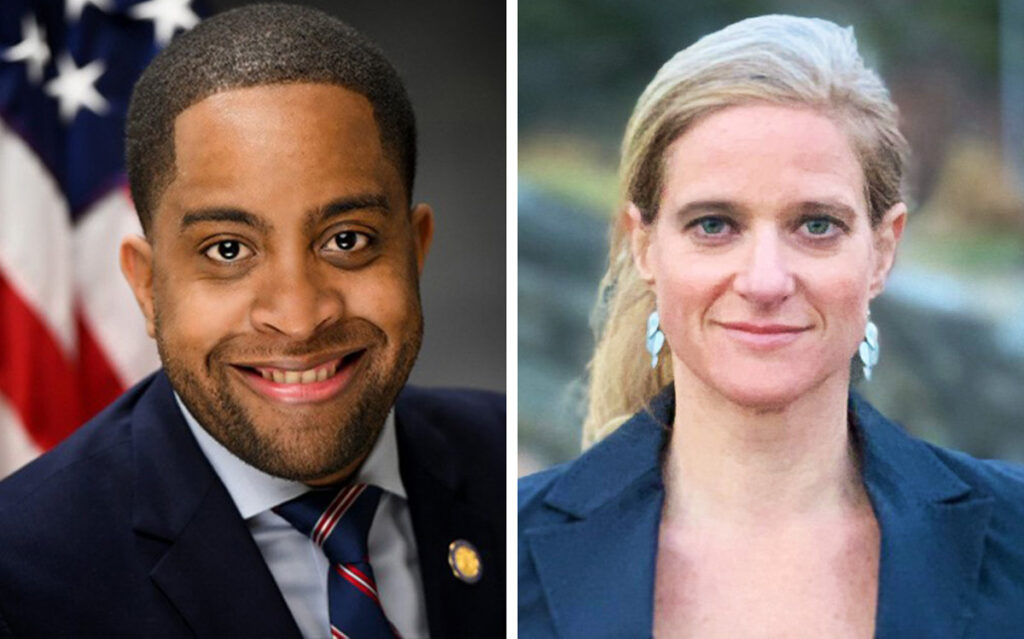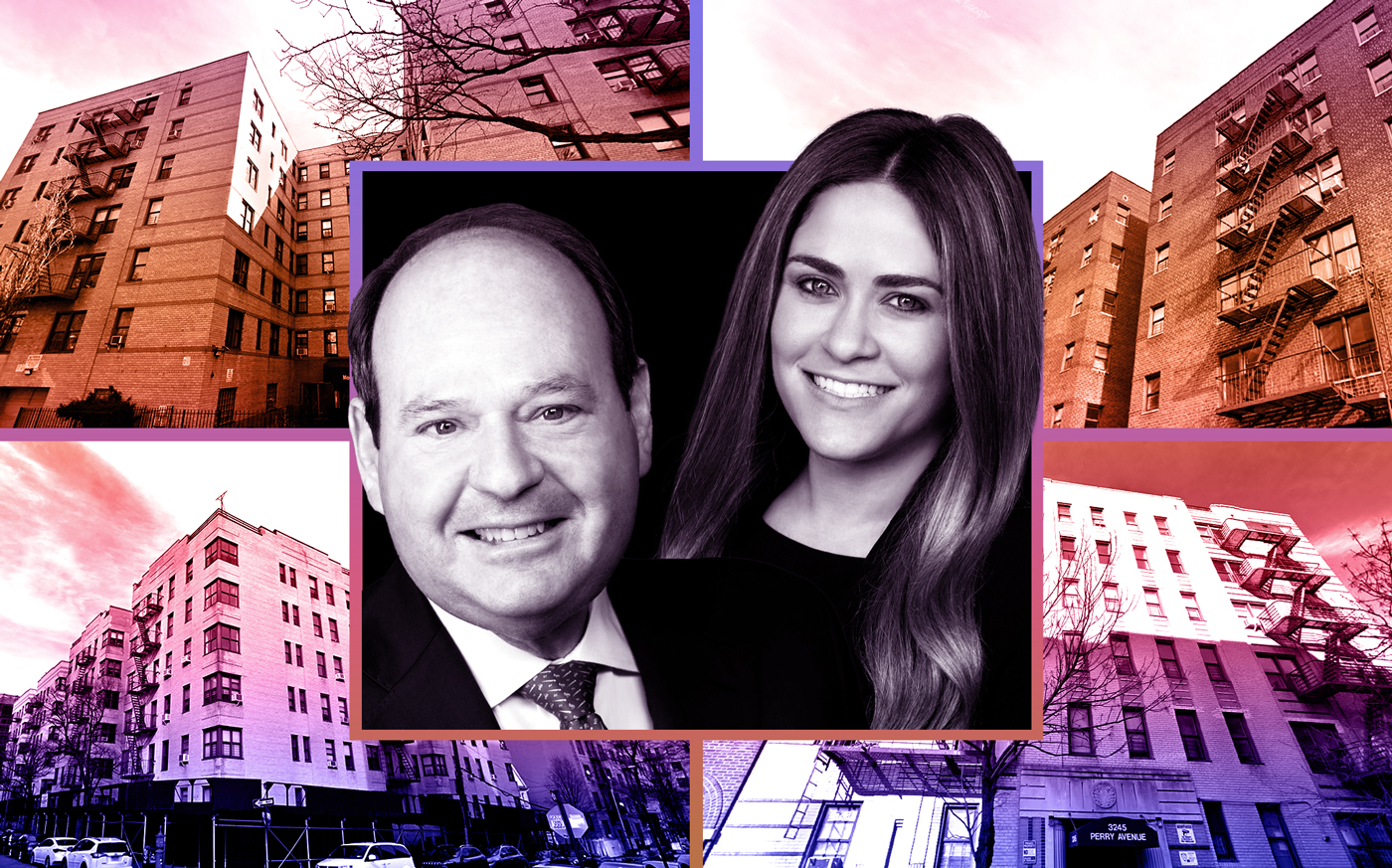Some New York landlords think the far left is not merely siding with tenants, but trying to bankrupt building owners so the government can take over their properties.
Owners increasingly voiced this fear on social media as socialists won a few elections and the state overhauled the rent law in 2019. Their alarm increased as lawmakers banned evictions for nearly two years and some called for private property to be seized.
Landlords’ concern is understandable, but the vast majority of New York lawmakers don’t want to bankrupt anybody or socialize private housing. Unfortunately, they could still pass measures that ultimately do that.
An untold number of loans on rent-stabilized buildings are in default because the overhauled law drastically limited rent increases. One accidental (if predictable) effect was to render tens of thousands of apartments unrentable after longtime tenants died or moved out.
In another instance, Gov. Kathy Hochul — a moderate Democrat — allowed tenants to stop paying without fear of eviction by keeping the state’s rent aid portal open long after the program ran out of money. This and other state policies have so encouraged rent-skipping that collection has plunged even in socialized housing.
The fiascos at the New York City Housing Authority and rent-stabilized buildings are examples of the unintended consequences of well-meaning policy. And now two legislators have teed up another one.
Sen. Zellnor Myrie of Brooklyn and Assembly member Anna Kelles of Ithaca have proposed a winter eviction moratorium. It would ban evictions statewide from Nov. 1 through April 15.

Their rationale, which is undoubtedly genuine, is that cold weather makes the brutal experience of being evicted even worse, and potentially dangerous. Ithaca’s average daily low temperature in January is 14 degrees.
However, not a lot of deep thinking is required to see how tenants could abuse such a law.
Assume you plan to move in the spring, which a lot of people do. You could stop paying rent in midsummer and string your landlord along for a while with excuses. It would probably be at least September before the landlord files an eviction notice. Given the speed at which housing court moves, staying in your rental through October would be easy.
A free lawyer could arrange for adjournments, and if counsel hasn’t been assigned to you yet, you could ask for adjournments on those grounds. Either way, you’d almost certainly make it to Nov. 1, when the eviction moratorium takes effect. Then you’re good until April 15.
But you still won’t have to leave. A backlog of eviction orders will have built up during the moratorium, and sheriffs, marshals and constables won’t be able to execute them all right away. It will take even longer if eviction personnel quit, which is likely given that there would be no business for them for half of every year.
In this scenario, living rent-free for nine months seems like a slam dunk. Even without the moratorium, some tenants stay put for much longer without paying.
If the sheriff does eventually show up, you will not only have warm weather for your move, but thousands of dollars in unpaid rent to spend on your next home.
Between court backlogs, adjournments and other delays, an ambitious rent-skipper could even hold on until the following Nov. 1 and get a second free winter, courtesy of Myrie and Kelles. Maybe the state will reopen the rent aid portal, which conveys immediate eviction protection to all applicants, even those that are clearly ineligible.
In theory, the landlord could win a judgment in court for your rent arrears and garnish your future wages. In practice, this rarely happens because landlords typically write off the loss and pray their next tenant will be better.
The real risk for tenants is ending up on a blacklist, which alerts landlords to past involvement in housing court. That can make it hard to find a new place. But if the winter eviction ban passes, some tenants would be unable to resist the temptation of living rent-free for most of a year, if not longer. Economists call this a moral hazard.
To be sure, there are other arguments to be made for and against this bill. Myrie and Kelles note that some parts of the world have winter eviction moratoriums. But it’s likely these places have more functional housing courts than New York’s. They might also offer support for landlords who get stiffed, which New York does not.
It’s also true that evicted New Yorkers are not freezing to death. Of the 70,000 or so homeless in New York City, only a few thousand live on the streets, which they prefer to shelters except on the coldest nights. Evictions have little to do with street homelessness. For that matter, three-quarters of families that enter the shelter system do so because of domestic violence or other issues, not evictions.
Setting all that aside, Myrie and Kelles have apparently concluded that the harm prevention their bill provides tenants would justify the harm inflicted on owners. It’s another reason landlords believe some lawmakers want to put them out of business.
Evictions are traumatic, especially for a child. They are almost always the result of failure to pay rent, which can happen for any number of reasons — none of which the legislators’ bill addresses. Poverty, domestic violence, financial illiteracy and New York’s super-tight housing market are complicated problems that can’t be papered over by simplistic measures like a winter eviction ban.
Indeed, by promising tenants six months — and in reality nine or 10 — of eviction protection even if they don’t pay rent, the bill could lead to more evictions and more blacklisting. This could be the rare bill that ultimately makes things worse for both landlords and tenants, while raising the tension between them.
Read more



